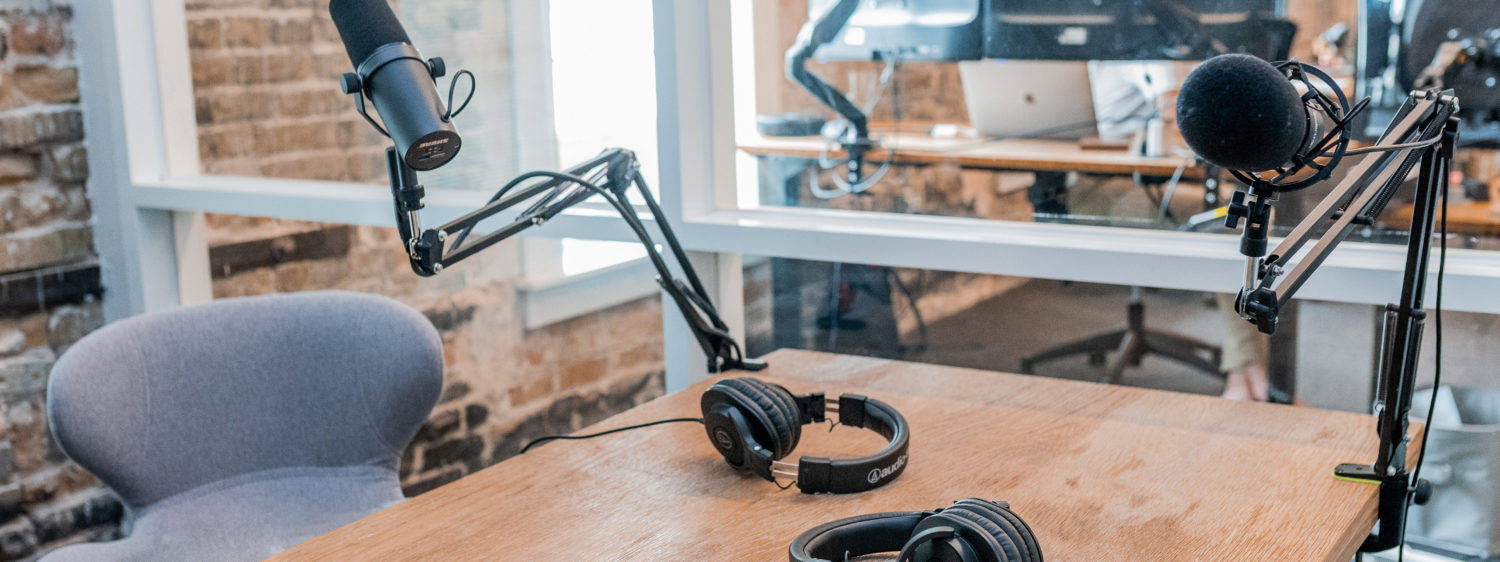by Margarita Mooney Clayton on October 6, 2020
Lights, camera, action.
In 30 minutes, I start teaching my 3-hour long online Tuesday seminar. This week I’m wearing high heels with red toes and blue bows. The weather has turned cold, so I skipped my morning walk, but I wrapped my cashmere scarf around my neck like a security blanket. Then I carefully carried a load of books, articles and notes from my home office upstairs to the kitchen downstairs, where I have 5 windows and 25 lightbulbs—recess lights, counter lights, island lights, and bright lights right above the breakfast table where I sit to teach.
Sensory overload in one realm often feels like sensory deprivation in every other realm. The colors on my shoes, the smooth feeling of my clothes, the windows and lights, all remind me that I’m not a brain floating outside my body.
The isolation of COVID pandemic has reinforced a basic truth: my brain works best when I’m fully present to reality, including being aware of every aspect of my material surroundings that I so often take for granted.
So down my wooden staircase I go, through the quasi-Palladian portal into my home studio, where I take the online stage momentarily to discuss nothing other than Alasdair MacIntyre’s modern classic After Virtue–a tale of his journey to the endpoint of modern philosophy, which led him to return to a classical, theistic vision of humans as integrated mind, body and soul.
